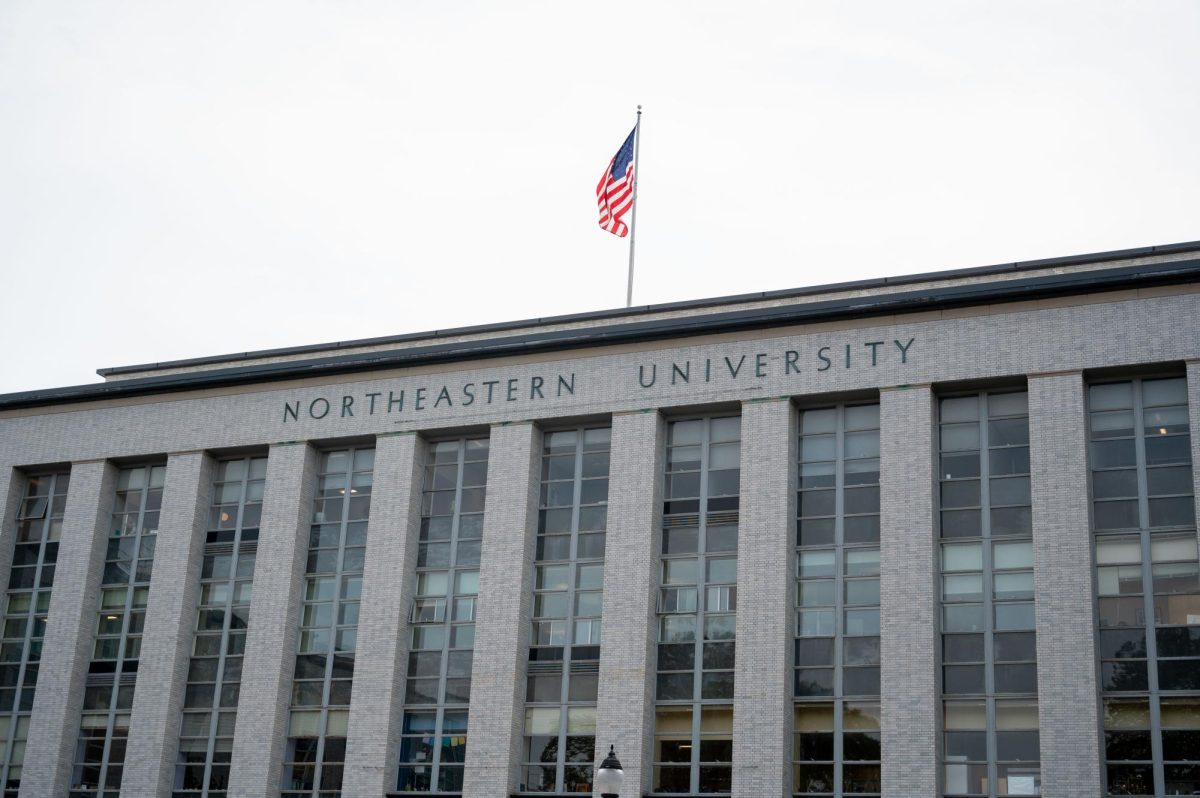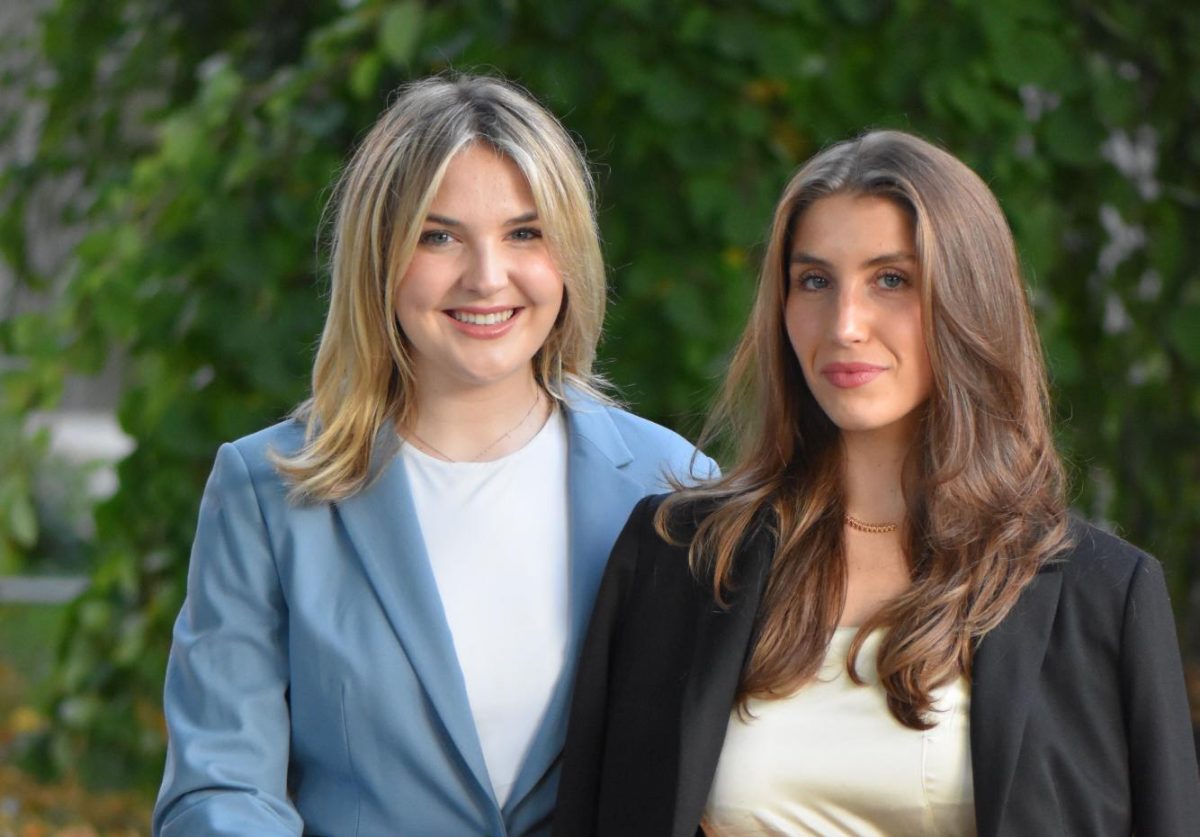For the past month it seemed the Northeastern community couldn’t begin to grieve one loss before a tragedy hit once again. In three weeks, the university said goodbye to James Grabowski, brother of freshmen David Grabowski, freshmen ski team member Michael Costa and, most recently, former Husky football captain Joseph Gazzola.
For many students and staff, it has been a very emotional time, and the Center for Counseling and Student Development joined forces with Student Affairs to offer them support.
After the Super Bowl tragedy, a few students were particularly disturbed by what they had witnessed. Edward Hattauer, director of counseling services, said counselors went out to one of the freshmen residence halls at 3 a.m. to address their concerns.
“It was important for them to understand that what they were having was a normal response to an abnormal situation,” Hattauer said.
He said some of those students have been to the counseling center and many others have come in since the recent deaths on campus.
In September, Philomena Mantella, senior vice president for Enrollment Management and Student Affairs, enlisted the help of an outside specialist to evaluate mental health services on campus.
Mantella said some of the suggestions the university will try to set in motion next fall include a “central triage” so students can receive information on Lane Health Center and counseling services in one location.
After the three New York University suicides last fall, The News spoke to the Student Government Assoc-iation about their recommendations to improve Northeastern’s mental heal-th care.
Allyson Savin, SGA vice president for student affairs, said she has seen improvements in counseling services, and reaching out to students affected by recent tragedies was a step in the right direction.
“It’s really great that they’re being proactive and not just reactive. Not every student feels comfortable reaching out,” she said.
Savin said she’s seen improvements in the counseling center’s Web site, such as descriptions of each staff member. However, she noted that that the site needs to be easier to find, much like the center itself.
“I don’t think there’s ever been a time when there’s been this many incidents so close together,” said Kerri Murphy, a junior civil engineering major and Resident Assistant in Kennedy Hall. I think [the counseling center] is doing a good job having an on-call counselor 24 hours a day.”
Hattauer said the center encourages students, staff and community members to “really make use of one another.”
After Joseph Gazzola’s death, counselors met with the football team to speak about grief and loss. They also met separately with coaches the following day to answer questions about how to be helpful to team members in their time of mourning.
Hattauer said that he and Jack Greene, dean of the College of Criminal Justice, had a similar meeting with students on the criminal justice community floor and with criminal justice professors.
Recent tragedies have hit particularly close to home for the college. Costa, Jason Stackiewicz, a student left in critical condition after being hit by the car during the Super Bowl riots and James Cassidy, the student who was killed in his Hemenway Street apartment last May were all criminal justice majors.
“We wanted to help them process their own reactions,” Hattauer said.
Meeting with the communities likely to be closest to the deaths was a strategy and priority in dealing with each recent tragedy, Hatt-auer said. Members of the counseling staff held floor meetings in the residence halls of the deceased students. There was also a meeting held for residents living on the same floor as David Grabowski.
“When something like this happens, it effects all of us, but the closer the person was [to the deceased], the stronger their reaction will be,” Hattauer said.
Some students, however, said the counseling center should be reaching out to everyone on campus.
“I know it’s around because I’ve been told it’s around, but not enough people actually look for it,” said Kaye StaRosa, a sophomore physical therapy major.
Ed Klotzbier, vice president for student affairs, is heading up a Community Building Task Force as a direct response to the chaos after the Super Bowl. He said in addition to healing Northeastern’s relationship with the surrounding community, he would like to see the task force foster a stronger community within campus that will help students to cope with tragedies like the ones endured recently.
Klotzbier expressed concern for students who feel disconnected in such a large setting and may not have a support system here in the same way they might have at home with their families.
“One of the real concerns we have with the tragedies is that students don’t have a sense of community and we want to provide that,” Klotzbier said.
Hattauer said the counseling center saw a 30 percent increase in students in the last year and he hopes, with the plans for improvements, they will be able to see many more.










